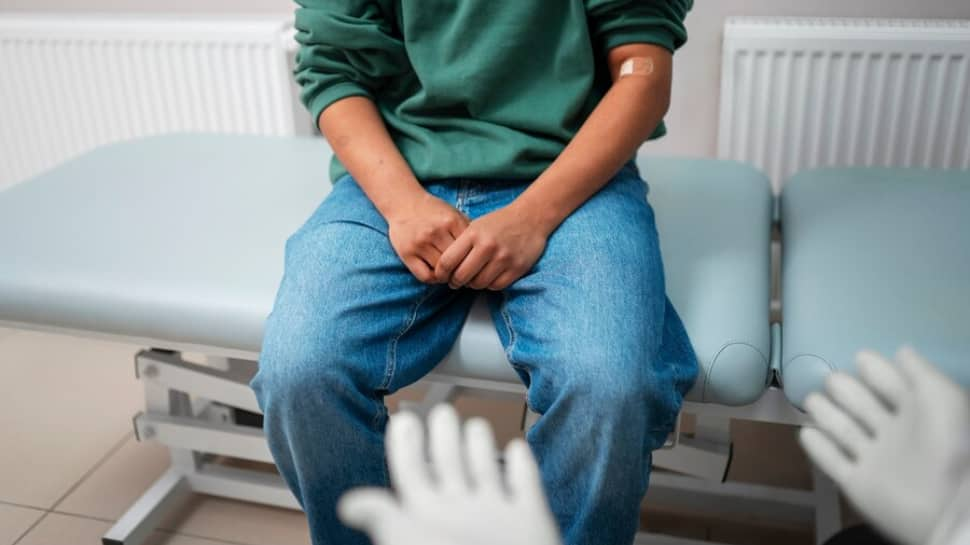[ad_1]
Urinary tract infections (UTIs) can be a health problem, especially for women. These infections occur when bacteria enter the urinary tract, causing discomfort and potentially leading to more serious complications if left untreated. Common symptoms include a constant urge to urinate, a burning sensation during urination, and cloudy or strong-smelling urine. Although it can be easily treated with antibiotics, it is crucial to resolve UTIs quickly to prevent complications such as kidney infections.
Hydration, proper hygiene, and urination after sexual activity are preventive measures. Consulting a healthcare professional for proper diagnosis and appropriate treatment is paramount in effectively managing UTIs.
Dr Himanshu Sharma, Deputy Consultant, Department of Urology, Sir HN Reliance Foundation Hospital, said, “Urinary tract infection (UTI) occurs when bacteria enter the urogenital tract and multiply. It manifests as an infection in the kidneys, bladder, prostate, urethra or urethra. It is the testis. Or infection of the epididymis may also occur.” Dr. Himanshu Sharma shares a detailed idea about UTI in men:
Male UTIs are always complicated
UTIs in women are more common than UTIs in men, but UTIs in men are usually classified as uncomplicated UTIs. More often than not, male UTIs have an underlying cause that demands prompt and early treatment to prevent complications.
Awareness is the first line of defense!
Awareness of symptoms helps in early detection of an underlying problem. Symptoms of a male UTI can vary from a barely noticeable increase in urinary frequency during the day, which disturbs sleep at night, or troublesome toilet visits with the urge to rush to the toilet to urinate. Usually, it is blood in the urine or red colored urine, fever with chills, burning during urination, inability to urinate, flank pain, testicular pain and swelling; Which compels patients to seek medical help.
Prevention is the best cure
Untreated UTIs can be life-threatening. Complications such as acute kidney injury, sepsis and septic shock require urgent and rapid intervention. Typically, a urinalysis and urine culture/susceptibility test will reveal the organism responsible as well as antibiotics that are likely to work against it.
A stitch at a time saves nine!
It is not uncommon for male UTIs to have an underlying cause that requires surgical intervention. Conditions such as prostatic abscess, renal or ureteral stones, prostatic enlargement, or bladder outlet obstruction due to ureteral disease rarely resolve completely without surgical intervention. Timely management of such conditions can help prevent recurrent episodes of UTI.
[ad_2]

